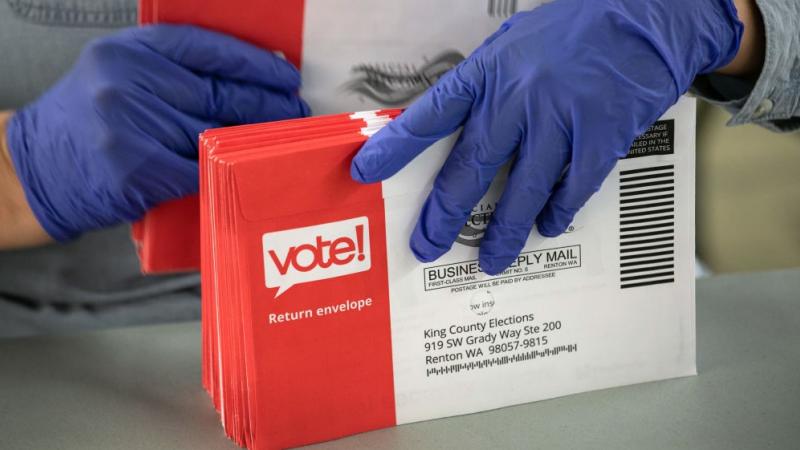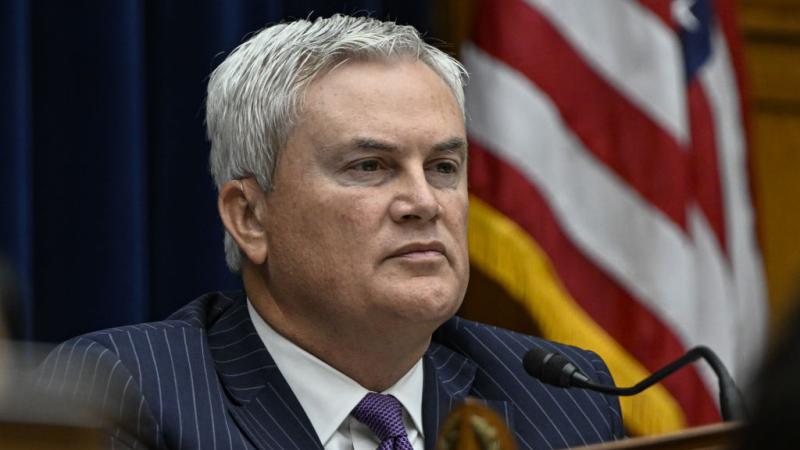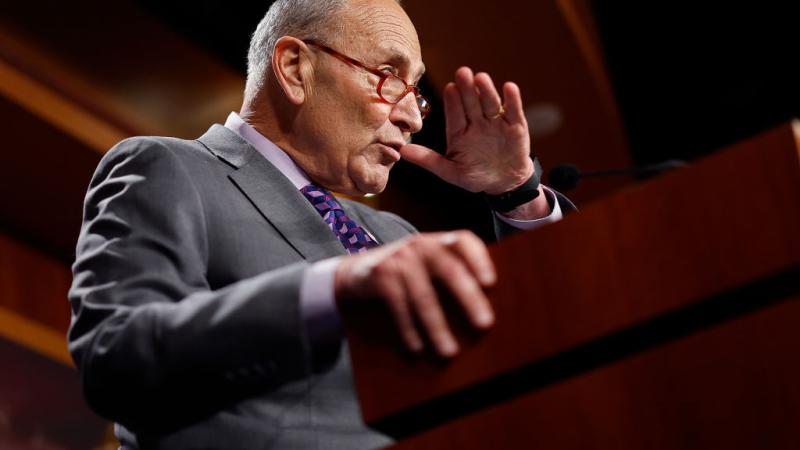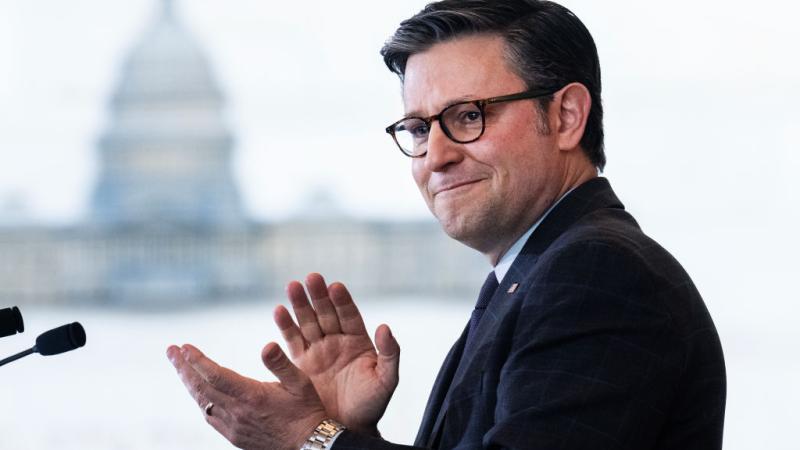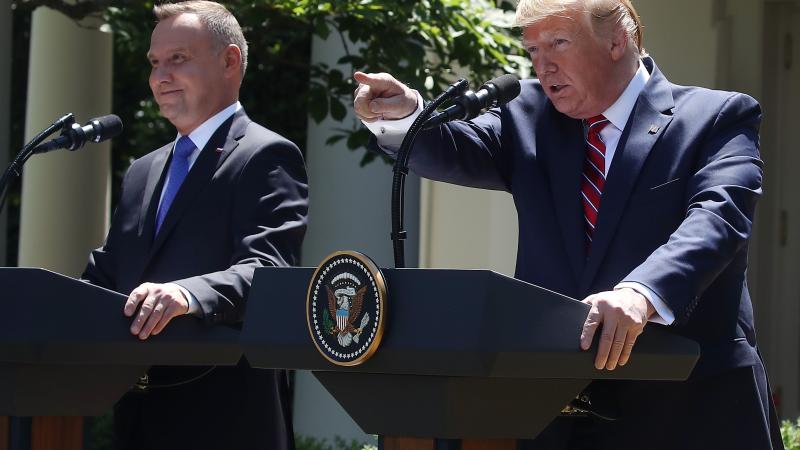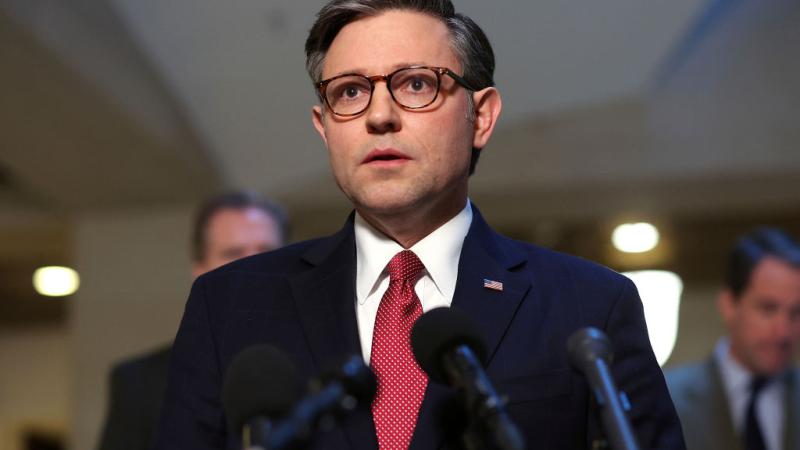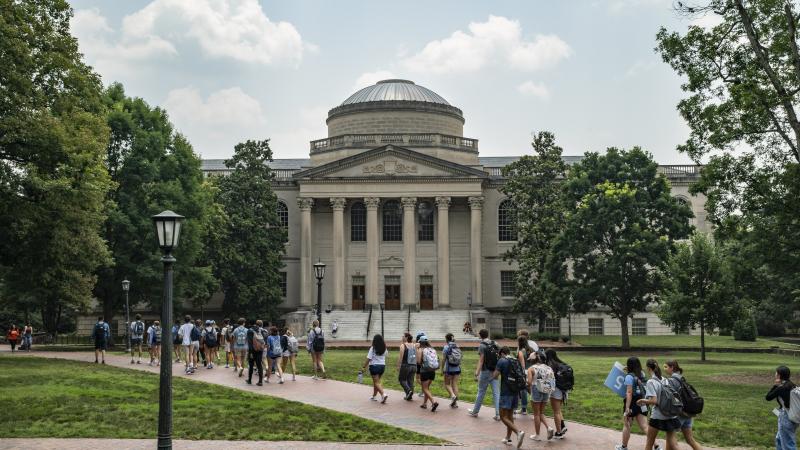Judge stops feds from seizing safe deposit boxes in $85M raid, citing due process rights
Temporary restraining order only applies to handful of customers, but "reasoning" affects hundreds more, lawyer says.
A federal judge scolded the feds for their "woefully" vague seizure notices to customers of U.S. Private Vaults (USPV), saying the planned forfeitures of safe deposit boxes likely violate customers' constitutional due process rights.
U.S. District Judge R. Gary Klausner issued a temporary restraining order (TRO) preventing the feds from initiating civil forfeiture against four individuals who sought return of their valuables until prosecutors provide the "specific factual and legal basis" for the action.
He gave the government until Tuesday to explain why the judge should not issue a preliminary injunction, which would halt planned forfeitures until the merits of the case were decided — a process that could take months.
It's a black eye for the feds, who claimed USPV intentionally lured criminal activity and that its customers were an undifferentiated mass of drug dealers and money launderers. The government did not charge any customers with crimes, however, as it seized their belongings.
The Institute for Justice (IJ) is representing the four plaintiffs — married couple Jeni Verdon-Pearsons and Michael Storc, Joseph Ruiz and Travis May — as well as other USPV customers, some of whom have not identified themselves to the government to challenge the seizures.
The public interest law firm alleged the government is trying to seize $85 million in cash, precious metals, heirlooms and other valuables from customers who have not been accused of wrongdoing as part of the USPV prosecution.
Judge Klausner declined to cover all USPV customers whose boxes were seized without "specific legal and factual basis" in the TRO, limiting the ruling to the four plaintiffs. He also turned down IJ's request to certify a class of customers who have identified themselves to the FBI and whose property remains in federal hands, subject to a "purported" forfeiture proceeding.
Rob Johnson, senior attorney for IJ, said the "reasoning" of the order applies to the hundreds of safe deposit box renters caught in the FBI raid of USPV, regardless of the judge's limitation on the relief.
"If the government presses forward with these forfeitures now, it will be defying the court," he said in a press release demanding the FBI and U.S. attorney for Los Angeles "bring these sham forfeiture proceedings to a close."
Attorney Benjamin Gluck, who is representing other USPV customers, told the Los Angeles Times the import of the ruling was that the government would have to "try to prove a real case for forfeiture" against everyone whose boxes it seized and refuses to return. He's skeptical that it can.
A spokesperson for the U.S. attorney did not respond to a request for comment from Just the News.
IJ's lawsuit and others against the feds allege that the FBI exceeded the scope of the warrant, rifling through safe deposit boxes and taking photos of the contents instead of looking for contact information on the box for each renter and notifying them to claim their items. At least one lawsuit provided video evidence of agents exceeding the warrant's restrictions.
This is the "most outrageous Fourth Amendment abuse that the Institute for Justice has ever seen," IJ attorney Robert Frommer said when it announced the case in May.
Judge Klausner's order was rushed to meet the deadlines the FBI gave some customers to file claims for return of their property before the government initiated forfeiture proceedings. One of the four plaintiffs, Ruiz, has not received an FBI notice, but the agency disclosed the planned seizures in detail to USPV's lawyers.
He agreed the FBI notices likely violated the customers' Fifth Amendment rights by providing "no factual basis" to seize their property, simply telling them where and when it was seized.
The feds justified the seizure by citing "thirty-five sections of the United States Code," including those covering forgery, counterfeiting, smuggling, loan fraud and bank fraud. This falls "woefully short" of the requisite "specific statutory provision" required to seize, Klausner wrote.
The government claimed it wasn't required to give specific factual and legal bases for the seizures because of the "procedural posture" of the case, and said the plaintiffs hadn't shown "irreparable injury" from the planned forfeitures.
Rejecting both arguments, the judge found that deprivation of due process rights "inexorably" causes irreparable injury under controlling precedent from the 9th U.S. Circuit Court of Appeals.
The FBI told the court before Klausner's order that it designated property from about 250 boxes for return to their owners, among the 800 or so boxes seized in the raid, the Times reported. It has also terminated forfeiture proceedings against an unspecified number of boxes among 369 flagged for confiscation "after evaluating their owners' explanations."



